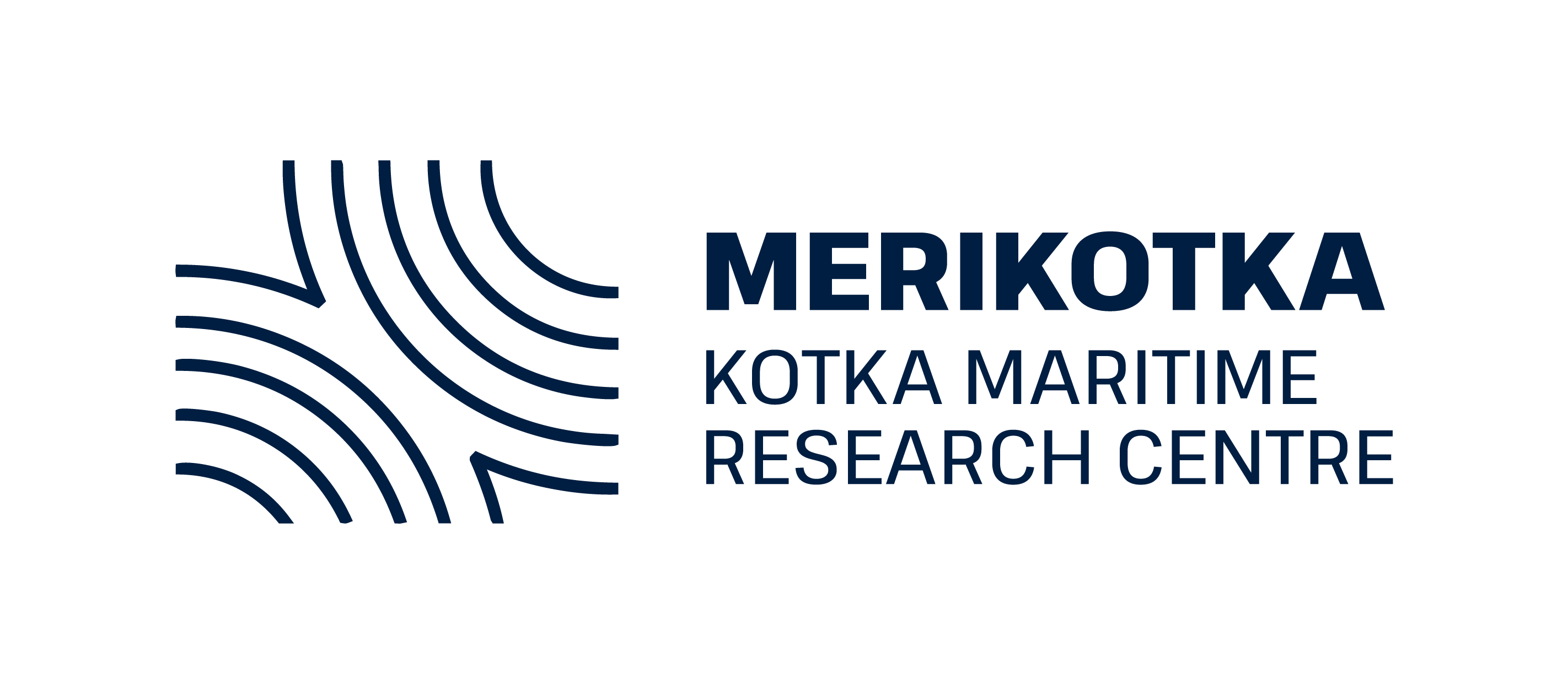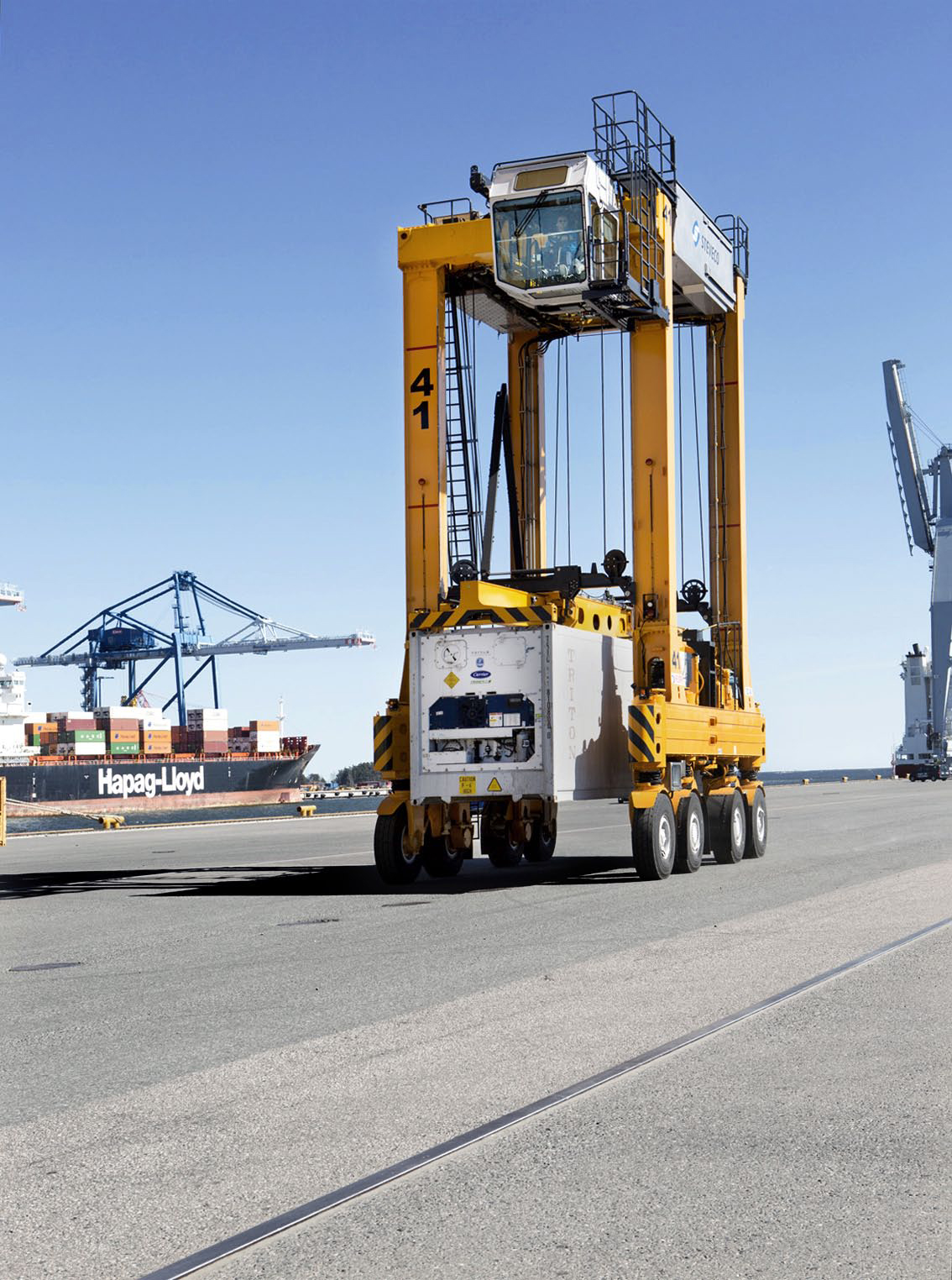Maritime transport is regulated to a large extent by the International Maritime Organisation (IMO). The current legislative environment is inflexible and out of sync with the complexities and fast pace of the sector.
“Social responsibility can bring flexibility to managing the maritime sector, and give private actors incentives to improve security and environmental practices”, explains Helsinki University researcher Tuuli Parviainen.
In a research project entitled “How can stakeholders promote environmental and social responsibility in the shipping industry”, Parviainen and her colleagues Annukka Lehikoinen, Sakari Kuikka and Päivi Haapasaari are looking for ways to make the sector more responsible.
This requires wide-ranging cooperation among researchers, consumers and organisations.
The research presents new ways to make the sector more responsible. While the maritime sector has traditionally been seen as business-to-business, external actors such as the media, citizens’ organisations consumers and researchers can also demand greater responsibility.
Given that individual actors often wield only meagre influence over shipping companies, the researchers highlight the role of stakeholder alliances in effecting change in the sector. Cooperation among commercial and non-commercial actors is seen as particularly effective in this regard. Citizens’ organisations, consumers and shipping company employees can team up with influential financial backers, insurance companies and public authorities to influence the development of responsible practices and help ensure that these are followed.
Such cooperation can also draw attention to the development of new technologies and highlight central societal questions such as openness, working conditions, equality, and social justice. At best, pressure from a range of actors can even influence legislation and legal reforms.
Improved classification with the help of responsibility certifications
Given that maritime transport is business, responsible ways of operating have to be designed so as to make them commercially interesting. Alongside legislation and the work undertaken by public authorities, new ways to classify actors and procedures must be developed. It is also crucial that awareness of responsibility certifications created to this end extends beyond the maritime sector, as ensuring effective corporate responsibility among shipping companies requires a wide-ranging public discussion, stakeholder participation and political support.
Tuuli Parviainen, Annukka Lehikoinen, Sakari Kuikka and Päivi Haapasaari’s research has been published in the international WMU Journal of Maritime Affairs series of publications.








